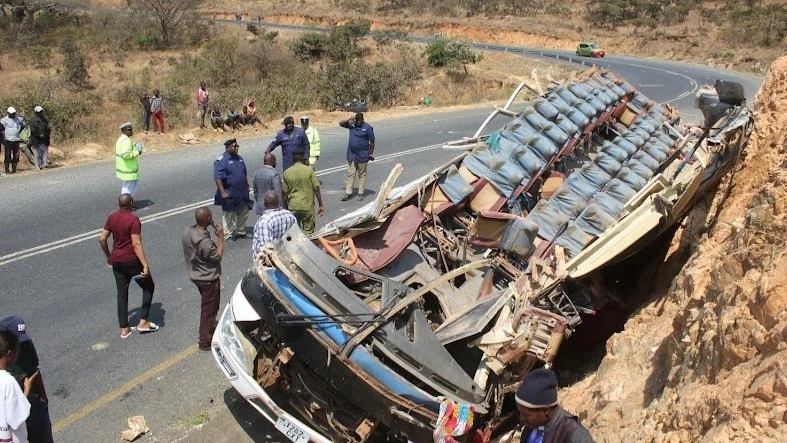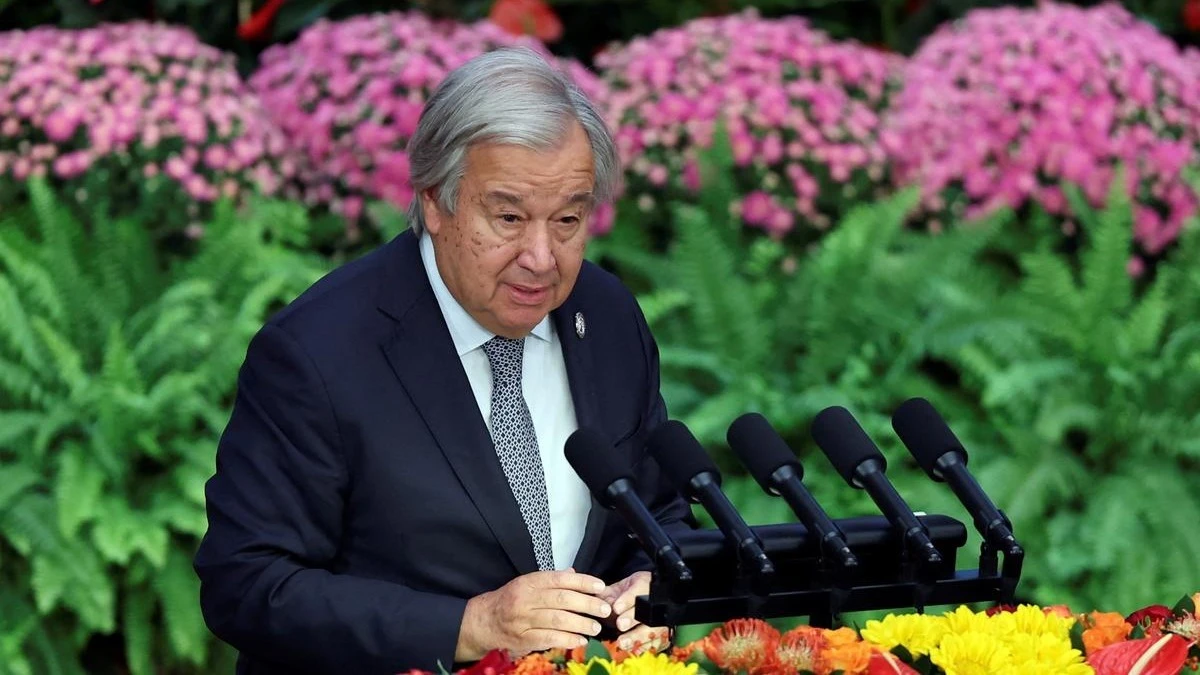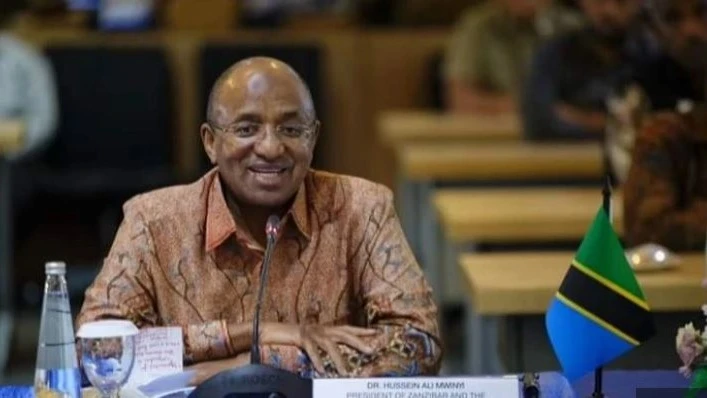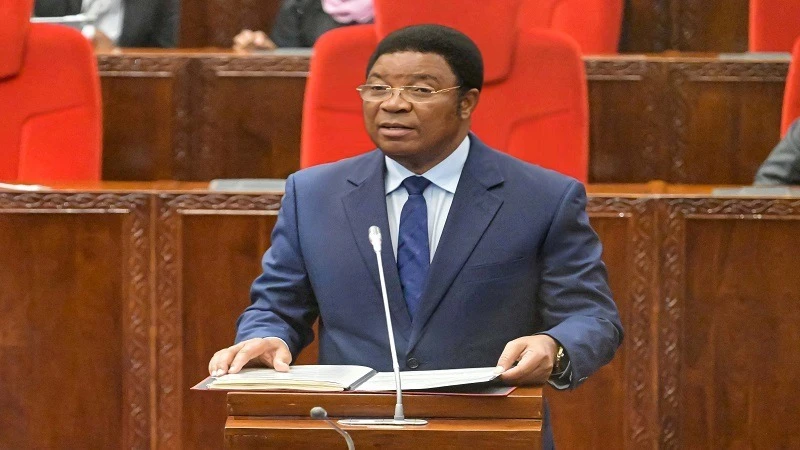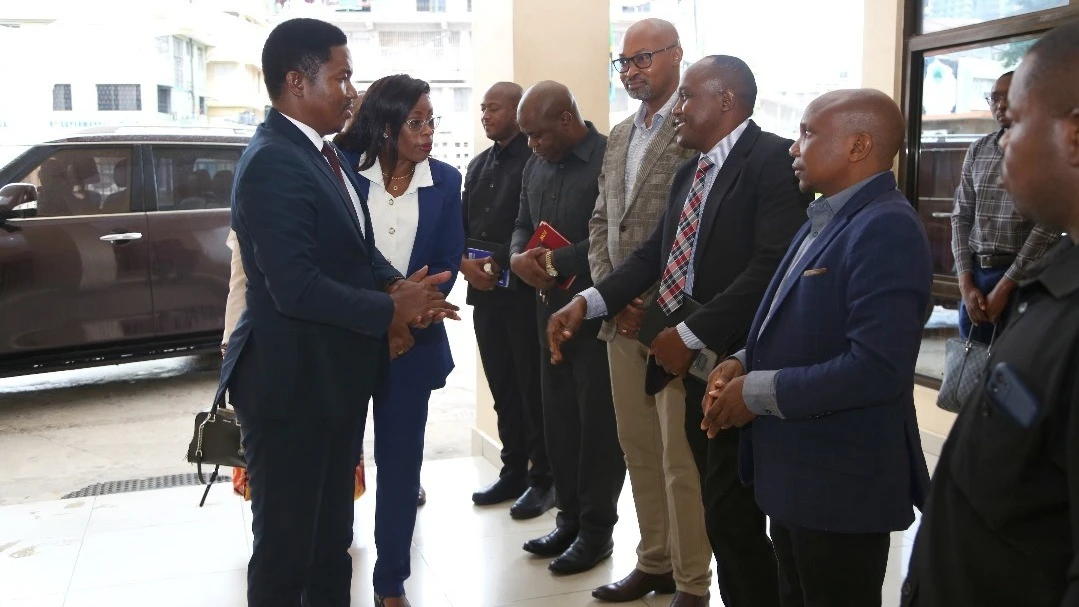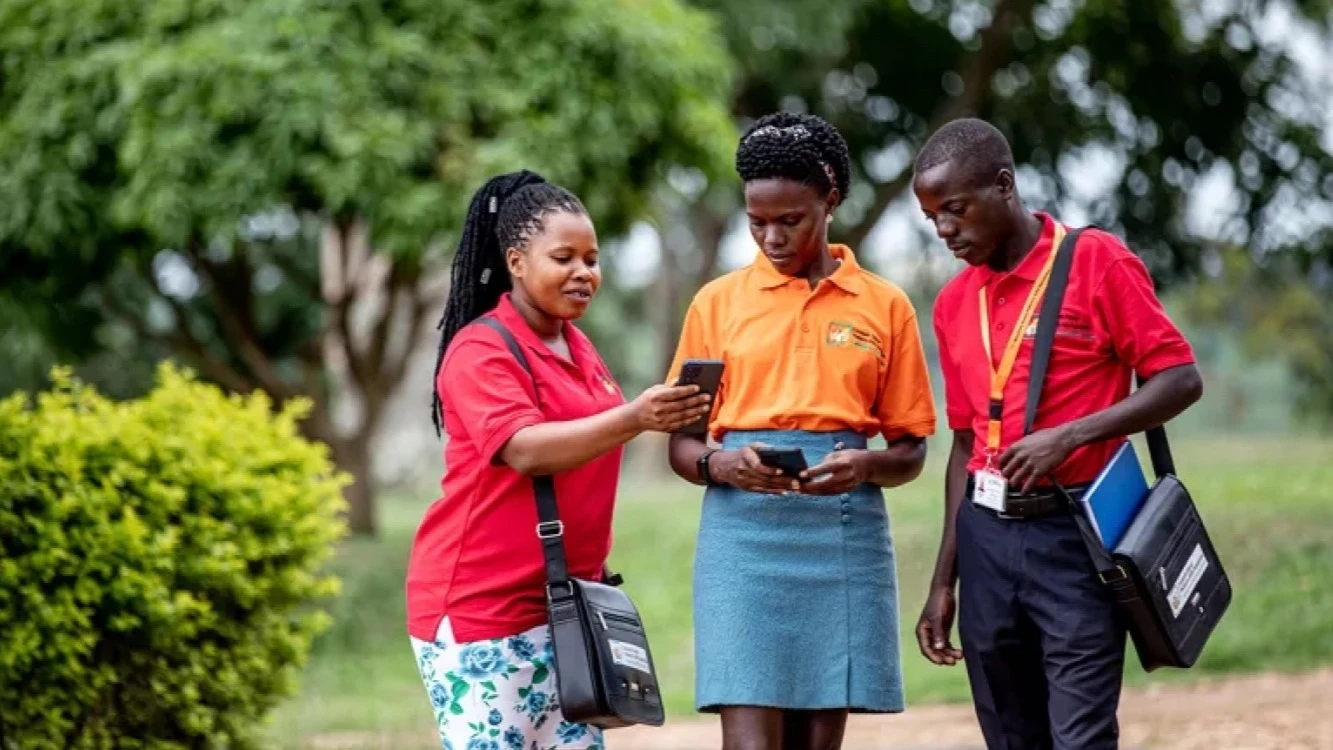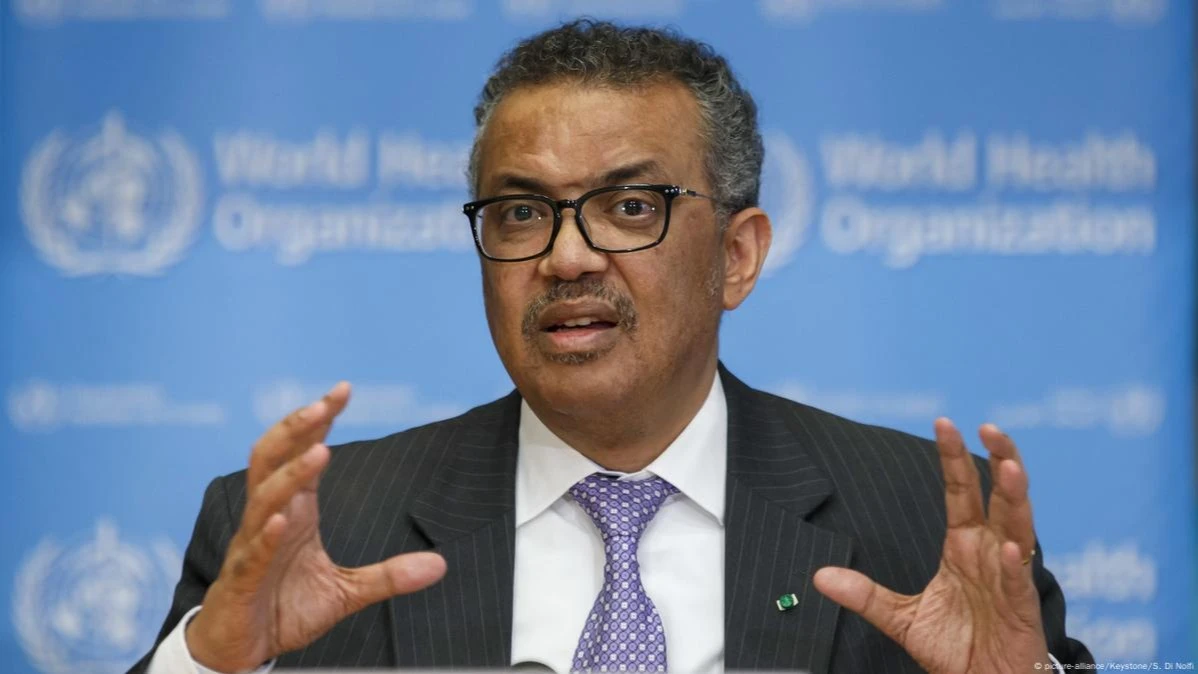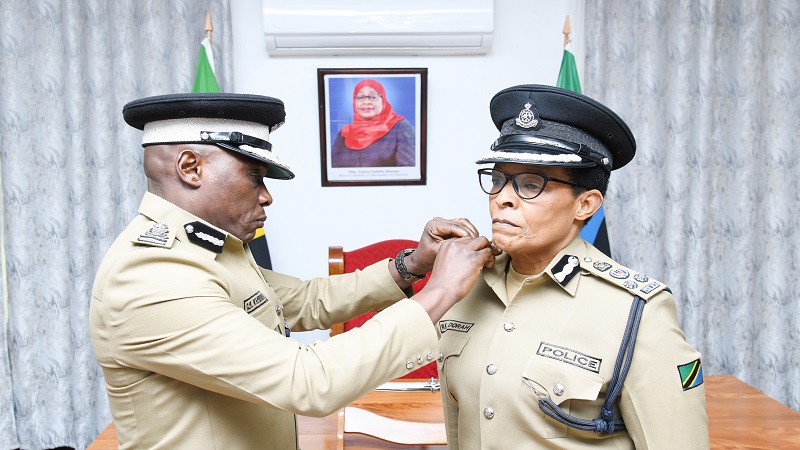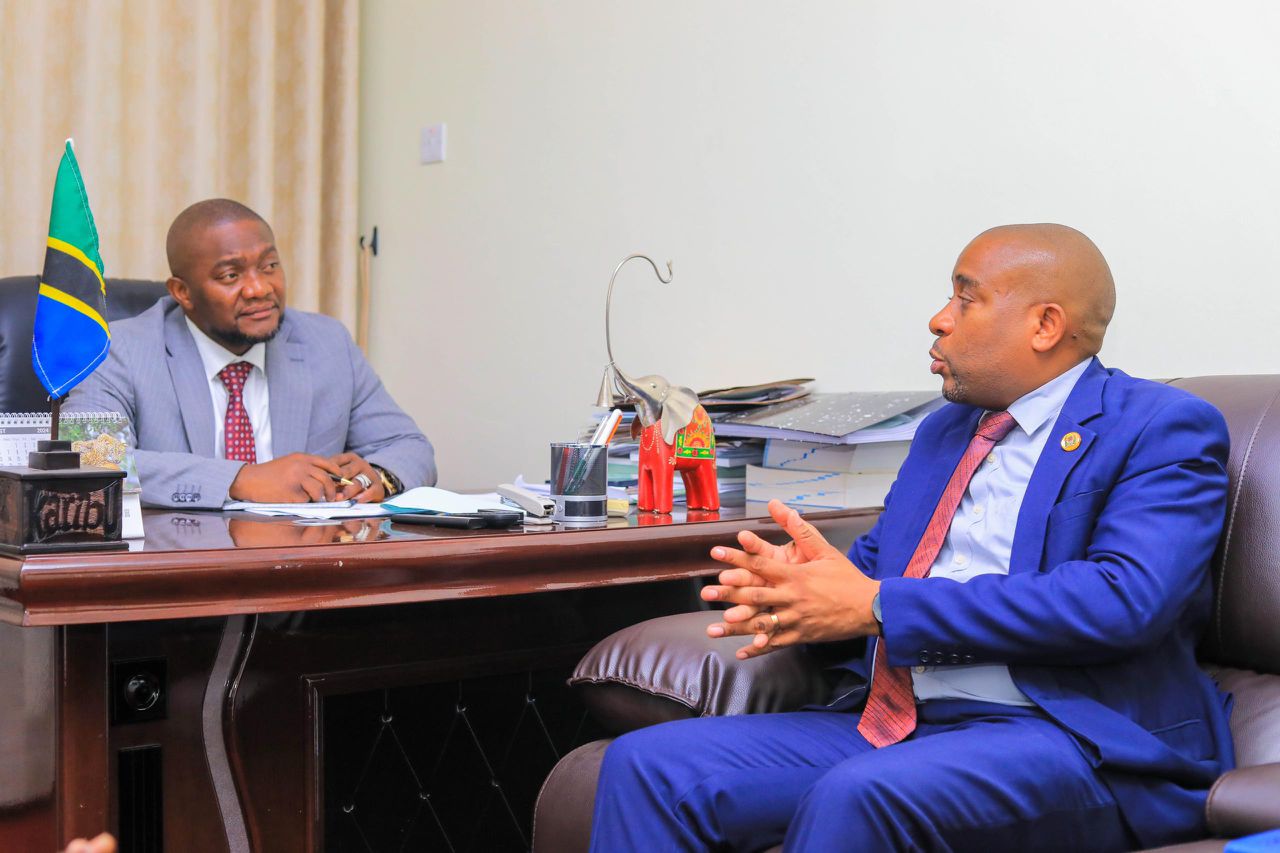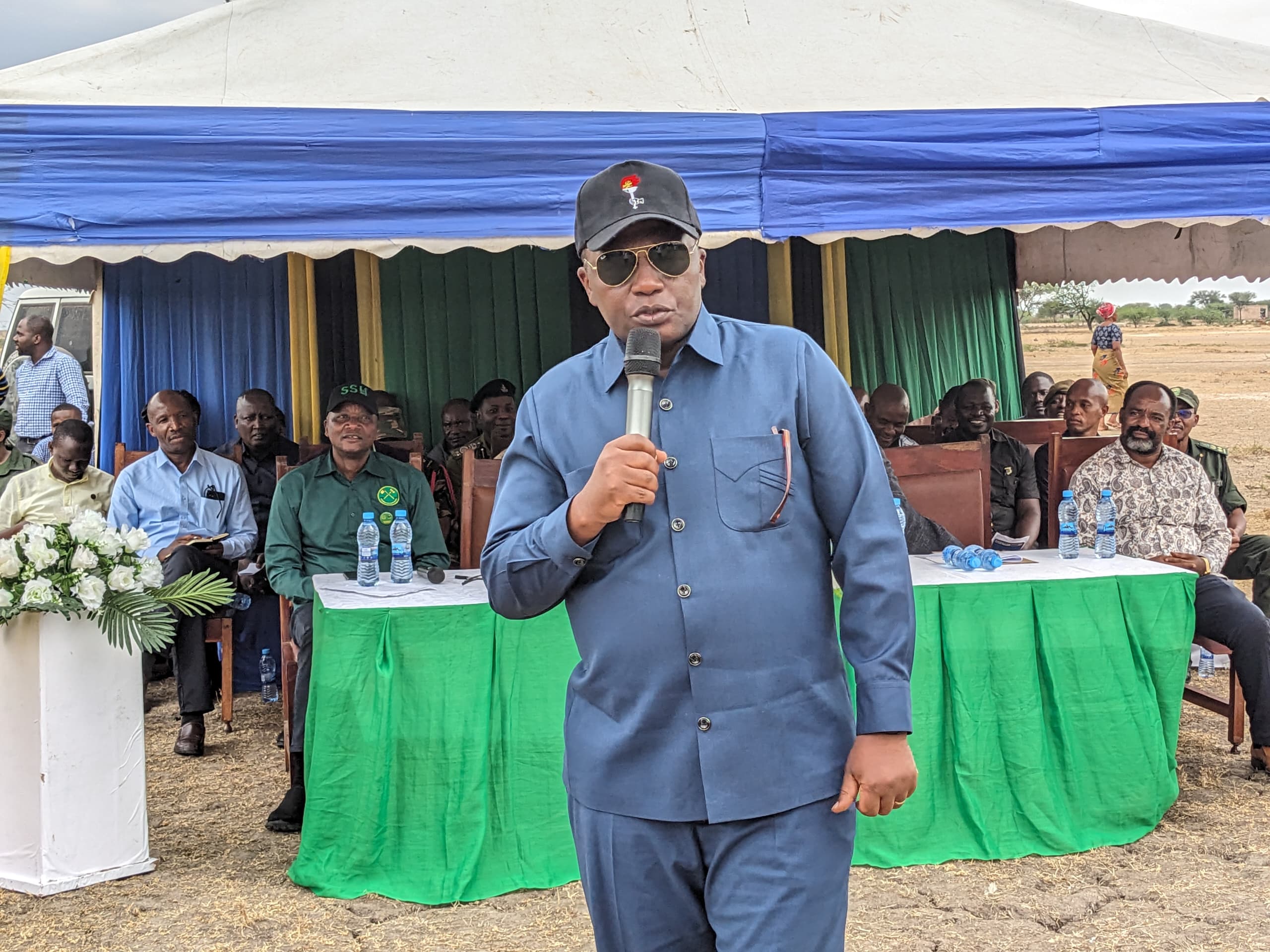24 countries’ conservationists study seeds, culture resilience

REPRESENTATIVES from 14 African countries yesterday started a four-day workshop in Arusha to discuss strategies for conserving bio-cultural diversity.
Dr Monica Kagya, the board chairperson for Envirocare, a local conservation activist group, said at the workshop that the participants will examine escalating climate challenges affecting the environment and livelihoods across the continent.
Conducted under the Africa Biodiversity Network (ABN), the workshop is focused on the restoration of terrestrial and marine ecosystems while promoting community conservation regulations related to traditional knowledge.
The initiative is aimed at empowering communities to adopt conservation habits and methods to mitigate biodiversity loss, even with changing environmental conditions affecting ecosystems and livelihoods.
The workshop examines the theme of building strong partnerships for the conservation of bio-cultural diversity in Africa, where participants will be in a learning session as well as sharing experiences from across the sub-Saharan spectrum and North Africa, she said.
The event brings together conservation experts and activists from Benin, Botswana, Ethiopia, Ghana, Kenya, Mozambique, South Africa, Tanzania, Togo, Uganda, Zambia, Zimbabwe, Burkina Faso, Rwanda, Central African Republic, Cameroon, Gabon, Morocco and Egypt, in a series of discussions likely to clarify on priorities in current conservation efforts.
“The core message is to strengthen local community resilience in preserving Indigenous seeds for sustainable food sources,” the local organiser noted, applauding the collaborative efforts of the regional network, its trustees and partners across Africa for commitment to achieve shared conservation goals.
Ayele Kabede, a senior programme manager for the Swedish International Development Agency (SIDA), stressed biodiversity conservation for its crucial role in preserving African cultural heritage and environmental sustainability.
SIDA has donated $2.5m to ABN for conservation programmes especially for Tanzania, focusing on cultural identity and environmental conservation, she said, highlighting the key issue as revitalizing community knowledge for effective natural conservation and climate resilience.
Institutions and individuals involved in biodiversity and preserving cultural identity need to work together in pursuing robust conservation measures, she emphasised.
Dr Suleiman Abudulahi, the ABN board chairman, underscored the initiative’s objective of bolstering community resilience and capacity in biodiversity conservation, alongside seed preservation, cultural revival and youth engagement in safeguarding cultural diversity.
“Our projects, from reforestation to endangered species protection, foster a healthier environment and strengthen community bonds with nature,” he added.
Top Headlines
© 2024 IPPMEDIA.COM. ALL RIGHTS RESERVED








